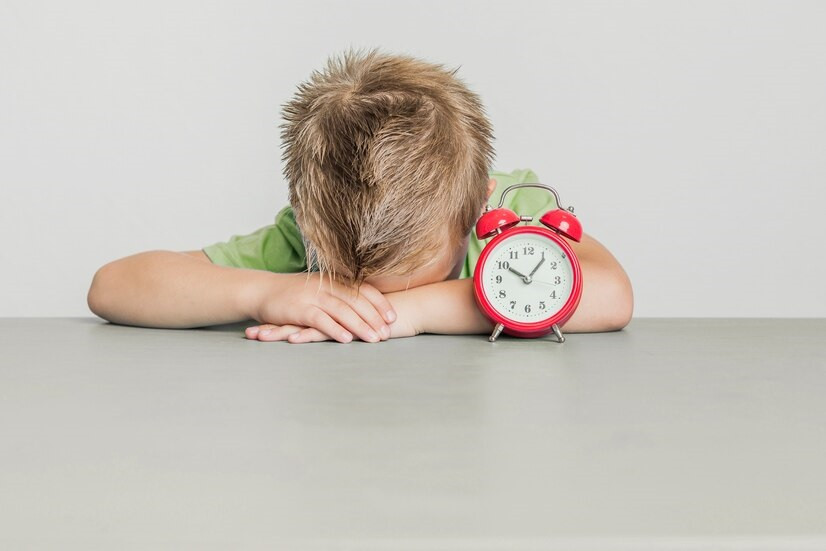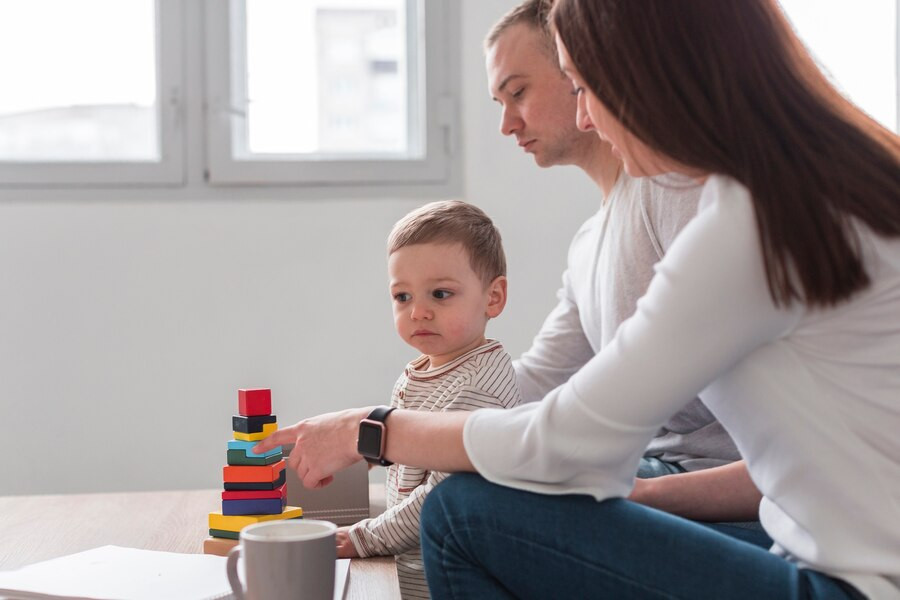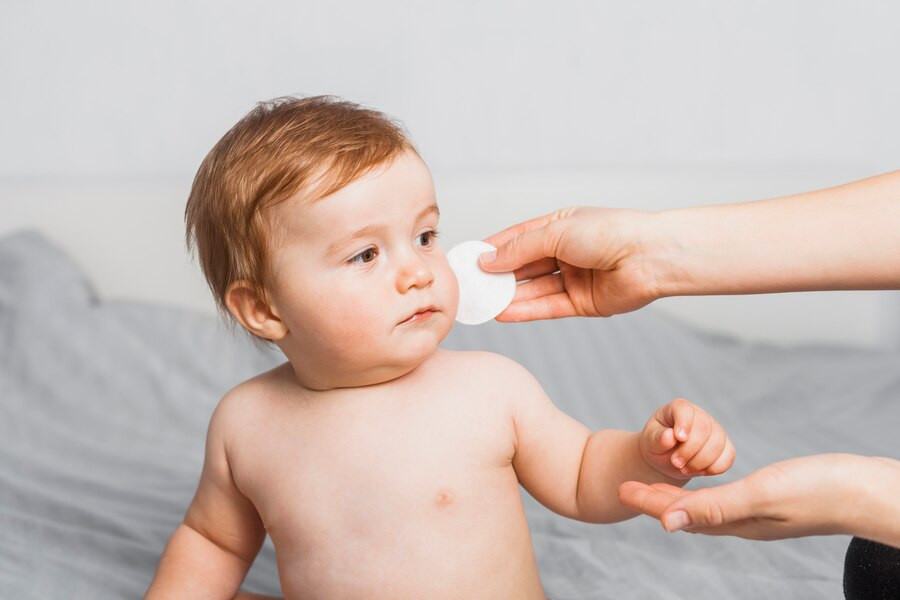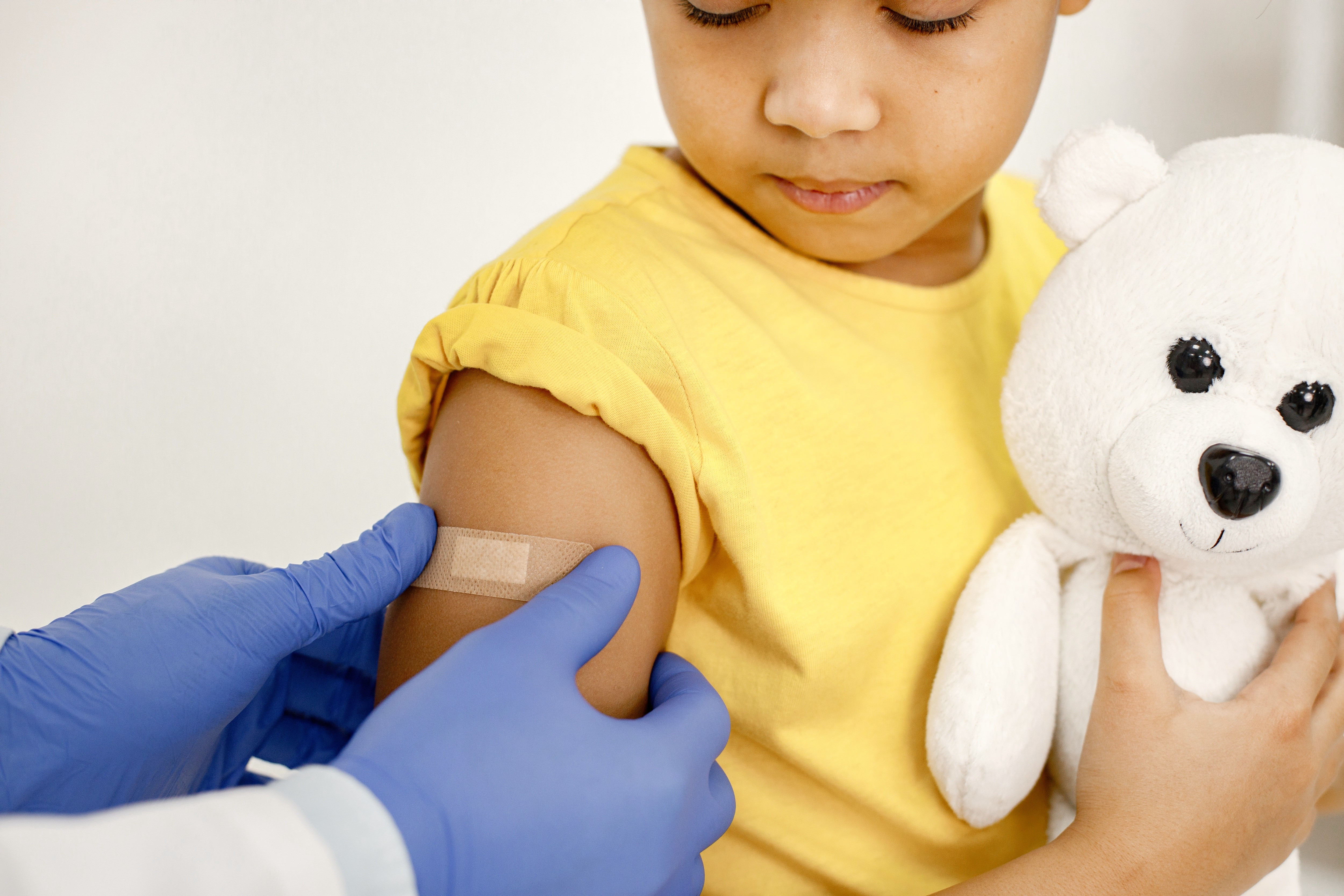Some people think that hitting a child can help discipline them. But research has found the opposite.
Negative Impacts of Spanking Children
Numerous studies have revealed that using physical punishment like hitting or spanking on children can have adverse impacts on their social, emotional, and cognitive development. These effects include heightened anxiety, depression, and behavioral issues.
Recent research has even demonstrated that spanking can alter a child's brain response, resulting in prolonged stress experiences. This stress can subsequently impact brain functions and various developmental aspects, such as cognitive functions, attention span, memory, and learning abilities.
Moreover, employing physical punishment affects the executive functions of a child's brain, which encompass skills like planning, organizing, impulse control, problem-solving, and behavior regulation.
How to discipline children according to age?
Encouraging positive discipline in children proves to be a more effective and impactful approach for shaping desired behavior compared to resorting to spanking or other forms of physical punishment.
Toddler
- Distract: toddlers are starting to recognize what is allowed and what is not. However, to discipline a toddler, you may need to focus on praising positive behavior and diverting attention from negative behavior to reinforce the child's positive behavior
- Anticipate and deal with tantrums positively; tantrums are a way to help children express emotions when they don't yet have verbal and cognitive skills. Anticipating and dealing with tantrums with a positive approach is one effective way to discipline toddlers. Facing tantrums with wisdom and mindfulness helps children healthily deal with their emotions and supports the development of more positive behavior
- Teaching non-violent behavior: teach toddlers not to hit, bite, or use other aggressive behavior. Modeling non-violent behavior is an effective way to help toddlers understand and imitate more positive and constructive behavior
- Avoid taking sides and be a good mediator when your child has a conflict with siblings or other children
Preschooler
- Start with chores; assign tasks and responsibilities to reinforce positive behavior in children
- Give children opportunities to make reasonable choices and decisions
- Teach children to treat others the way they want to be treated
- Teach that it's normal to be angry, but you shouldn't destroy things or hit other people
School-age
- Discuss consequences and punishments according to what was agreed upon with the family
- Give children special privileges if they behave well and take responsibility if they behave otherwise
- Teach them to be patient, caring, and respectful of others
- Do not use physical punishment such as hitting
Teenagers
- When children enter adolescence, they will be more independent in making decisions and setting boundaries. At this point, giving punishment in the form of a blow will only make them further away from you
- Continue to provide attention and affection, and provide more time to talk about whatever they are experiencing
- Get to know who they are friends with and be nice to their friends
- Praise each of their positive achievements
Call a time-out
The time-out method serves as an alternative to disciplining children through physical punishment or hitting. During a time-out, the child is directed to a designated area where they can contemplate their actions. This approach allows children to reflect on their behavior and understand the consequences of their actions without resorting to physical punishment.
It's important to use time-outs thoughtfully and as part of a broader strategy of positive discipline. The method should be adjusted based on the child's age, developmental stage, and individual traits, ensuring it aligns with their needs and characteristics.
Do you feel overwhelmed by your child's negative behaviors, particularly emotional outbursts like damaging objects or harming others or themselves? It's advisable to seek guidance from a doctor, child psychologist, or psychiatrist or you can either visit a doctor or make use of the consultation features that are available in the Ai Care application by downloading the Ai Care application from the App Store or Play Store.
- dr. Monica Salim
Health Children (2018). What’s the Best Way to Discipline My Child?. Available from: https://www.healthychildren.org/English/family-life/family-dynamics/communication-discipline/Pages/Disciplining-Your-Child.aspx
Cleveland Clinic (2022). Why You Shouldn’t Spank Your Kids and What To Do Instead. Available from: https://health.clevelandclinic.org/pediatricians-say-dont-spank-your-kids-heres-why-what-to-do-instead/
Jill Anderson (2021). The Effect of Spanking on the Brain. Available from: https://www.gse.harvard.edu/ideas/usable-knowledge/21/04/effect-spanking-brain
Naveed Saleh, MD, MS (2021). This Is a Child's Brain on Spanking. Available from: https://www.psychologytoday.com/intl/blog/the-red-light-district/202105/is-childs-brain-spanking
CDC (2019). What is Time-Out?. Available from: https://www.cdc.gov/parents/essentials/toddlersandpreschoolers/timeout/whatistimeout.html











